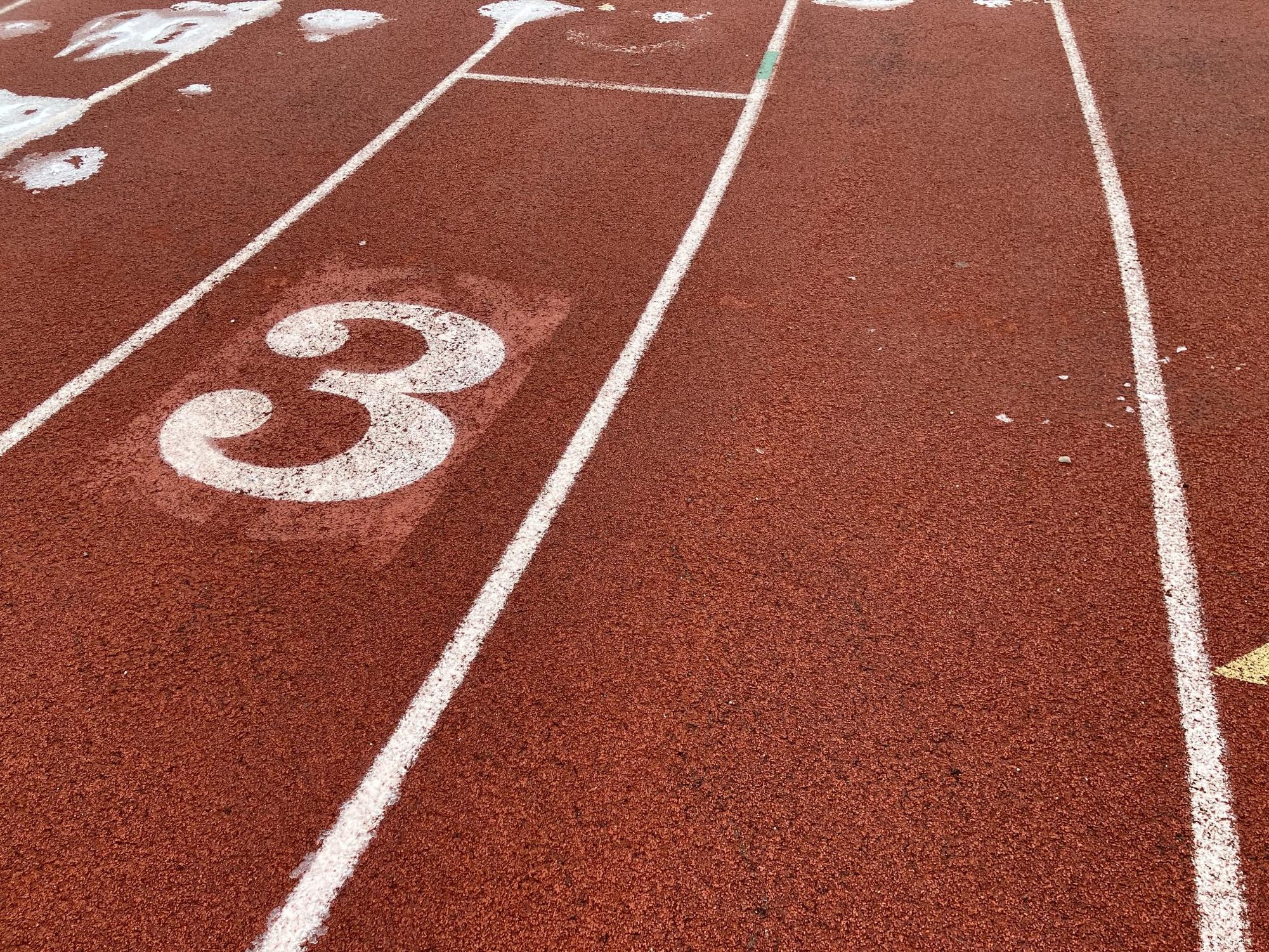On December 15th, 2023, the Court of Appeals for the Second Circuit—a federal court that reviews decisions from district courts under its jurisdiction—released a decision in the case Soule v. Connecticut Association of Schools, setting the stage for a decision on whether the Connecticut Interscholastic Athletic Conference’s (CIAC) trans-inclusive policy violates federal law.
The case, as previously covered by The Prospect, centers on a policy adopted by the CIAC in 2013 that lets students compete in athletics based on the gender they identify as. In February 2020, four Connecticut cisgender female high school students filed a complaint in federal court alleging that the CIAC’s policy violated Title IX, a 1972 federal law prohibiting sex-based discrimination in any federally-funded educational institution.
The protests of the four girls stemmed from a series of races during the 2017-2019 track seasons where they had competed against two transgender female student-athletes. Each of the four students suing had finished behind one or both of the transgender athletes at least once including some instances where, if not for those two transgender athletes, one of them would have won a race or qualified for a championship. Notably, there were also times when one of the four girls finished ahead of their transgender competitors.
The complaint requested, among other things, a declaration that the CIAC’s policy violated Title IX, an injunction prohibiting them from enforcing it—and therefore barring the two transgender girls from competing in the 2020 spring track season—along with monetary relief and a correction of CIAC records to remove any times achieved by transgender girls in women’s sports.
After the Covid pandemic canceled the 2020 season and removed the urgency from the complaint, Connecticut’s federal District Court issued a decision on April 25th, 2021, dismissing the case. The district court found that the request to stop enforcement of the trans-inclusive policy was moot, as two of the four girls suing and both of the transgender girls had already graduated. Secondly, the court found that both the requests for monetary relief and for changing the records wouldn’t solve any possible injury, so the four girls lacked standing—a legal term meaning capacity to bring a case. Notably, the decision didn’t address whether the CIAC’s policy violated Title IX, but rather just whether the complaint could be ruled on.
The four girls appealed the decision, and on December 16th, 2022, a three-judge panel of the Second Circuit Court of Appeals affirmed the lower court’s dismissal of the case, finding that the petitioners indeed lacked standing. However, on February 13, 2023, the Second Circuit announced that the case would be reheard—this time by the entire court.
The Second Circuit’s reheard decision, released on December 15th of last year, is procedural and complicated. Eight separate opinions are featured in the documents, showing the many different views about the case—however, the judges reached consensus on several key points.
First, the court found that the four girls did show injury, as they “certainly would have” won placements and titles if the two transgender athletes had not competed, going off past records where they ran with the two transgender girls.
Second, the court found that the requests for monetary damages and changing public athletic records would redress their injuries, and were therefore valid claims. However, the court noted the petitioners could not “seek remedies for generalized grievances about the CIAC Policy.” The complaint’s request for updating records to remove all transgender female athletes would have affected people who had no role in the case at all—and therefore was invalid.
The girls who sued “may disagree with the way in which the CIAC’s policy recognizes transgender girls and their athletic achievements, but policy disagreement without particularized harm is not a basis” for standing, the court wrote in making the distinction of which remedies were valid.
Because of these findings, the Second Circuit sent the case back to the Connecticut District Court, ordering it to decide whether the CIAC policy violated Title IX, and, if so, what remedies should be given.
However, importantly, December’s decision concerned in no way the actual question of whether the aforementioned relief would be fair or appropriate—or in no way the actual question of whether the policy violated Title IX in the first place.
During previous arguments, the CIAC had asserted that the requested remedies would be inequitable in their own right, discriminating against transgender students—and therefore were invalid—a stance that the Second Circuit originally agreed with in 2022’s dismissal of the case. “That may be,” the Second Circuit now stated, recognizing that the two transgender girls “haven’t done anything wrong.” But, it said, these questions should be addressed after deciding whether a violation of Title IX had occurred, not before.
The Second Circuit also did not address the request to stop the CIAC’s enforcement of the policy, a request that all parties concede now shouldn’t be considered.
Now, Connecticut’s District Court will decide on the question originally raised in 2020—does the CIAC policy violate Title IX? A ruling from the District Court that the policy conflicts with Title IX would force the CIAC to change its regulations, whereas a ruling that it does not conflict would let the policy stand as is.
Reactions to the decision were diverse. The Alliance Defending Freedom, a conservative legal group that represented the four girls suing, celebrated the revival of the case in a statement. “The en banc 2nd Circuit was right to allow these brave women to make their case under Title IX and set the record straight,” a senior lawyer for the group said.
“Today’s narrow decision lays a strong foundation for the district courts to reject these baseless claims on the merits,” the ACLU, which defended the CIAC policy in court, stated.
“It’s complicated,” FLHS teacher Sara Goepfrich, who teaches history and civics, said of the case, noting how it was “pretty narrow” and dealt with procedural issues instead of the question of a Title IX violation.
“In fact, the decision noted that while the four girls who brought the suit did have standing to challenge the CIAC’s policy as a potential violation of Title IX, if the policy were reversed, the transgender athletes would also have standing to challenge a CIAC rule that categorized transgender girl athletes as boys as a potential violation of Title IX. The more important and interesting decision will be the ruling that the Connecticut District Court makes on the substance of the issue,” she continued.
However, while she noted the less conclusive nature of the case, Mrs. Goepfrich didn’t think it was any less important, highlighting the similarities to cases playing out in other states—including Idaho and West Virginia—where bans on transgender athletes playing sports are being challenged.
“This case is important because it is a continuation of the ongoing challenge to create a truly fair and equitable society—these are not simple issues with easy solutions,” she noted, describing why students should care.
She continued, “I think that these decisions and government policy can feel far away and like it doesn’t matter or won’t impact you, but that just isn’t true.”







![[Protest Tbilisi April 2024] by [Jelger Groeneveld] is licensed under [CC BY 2.0].](https://flhsprospect.com/wp-content/uploads/2025/01/Screenshot-2025-01-29-151213-1-1200x897.png)
